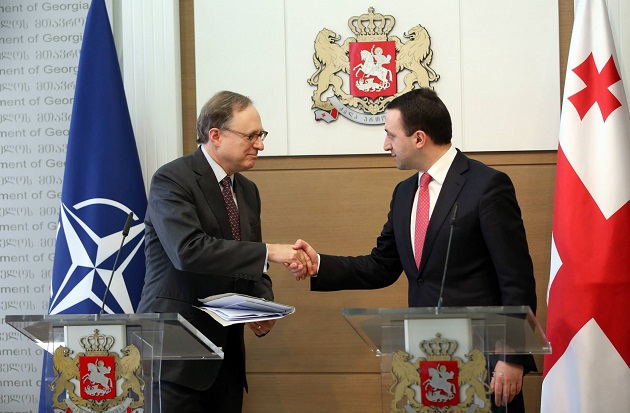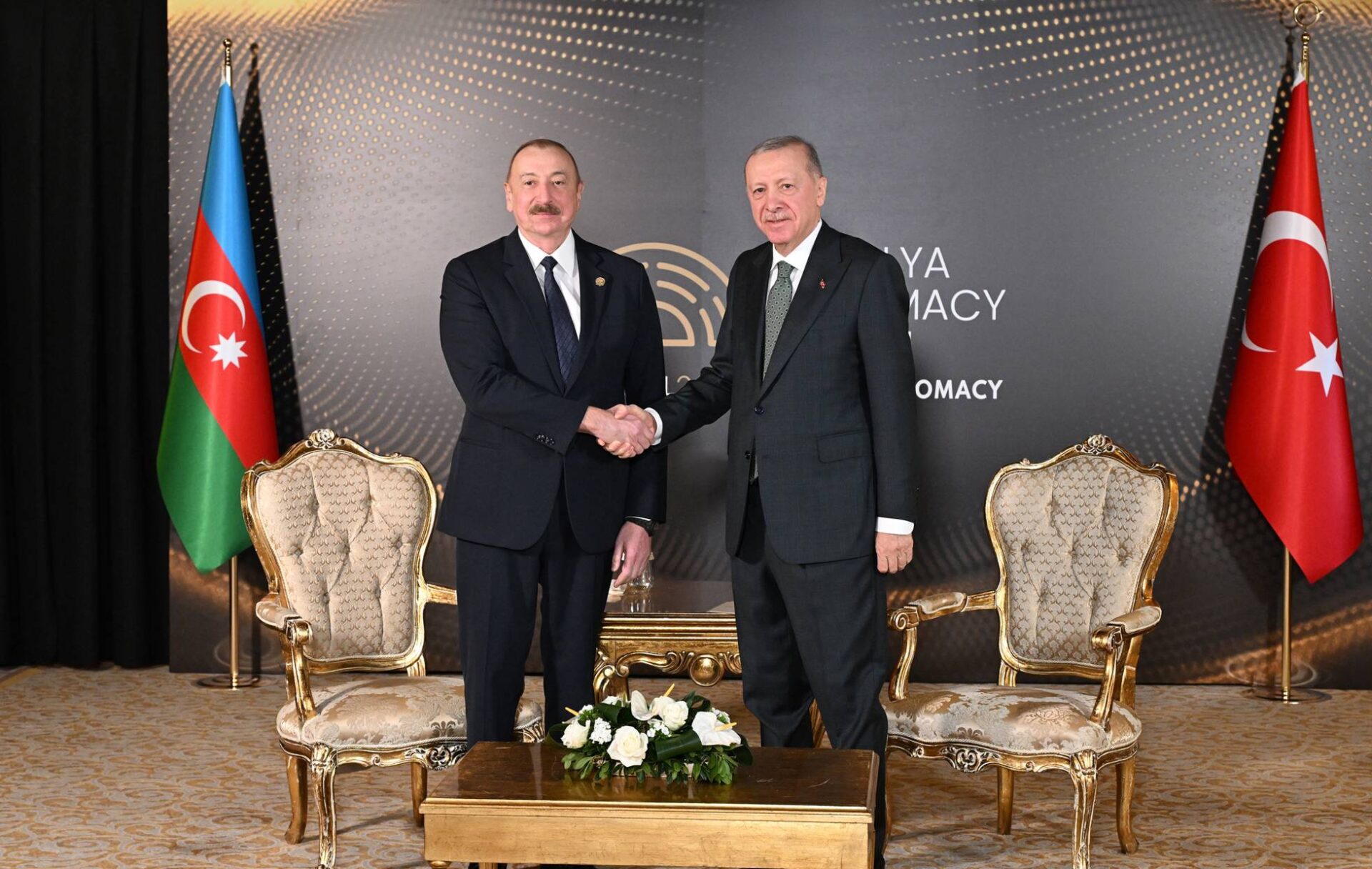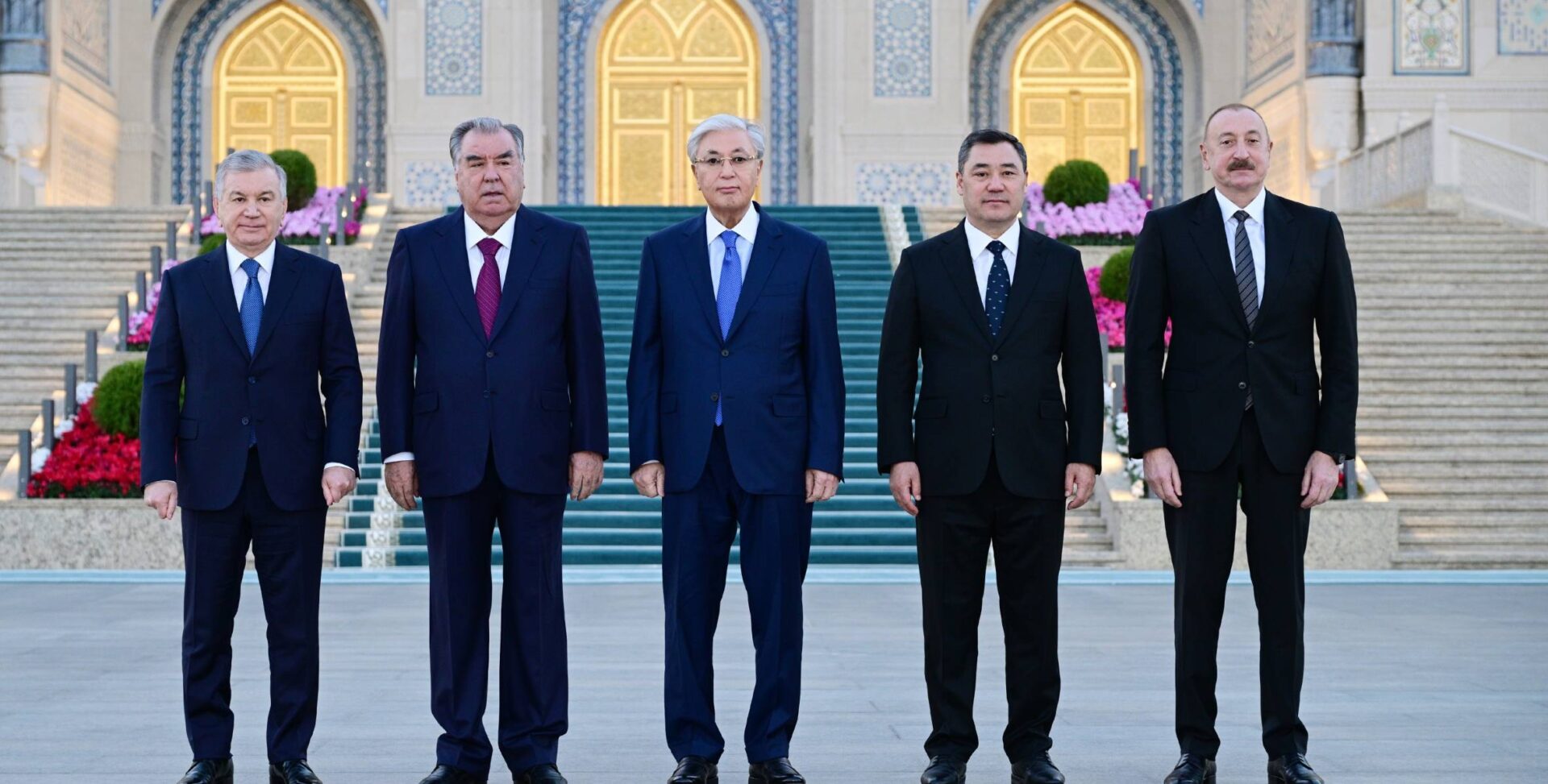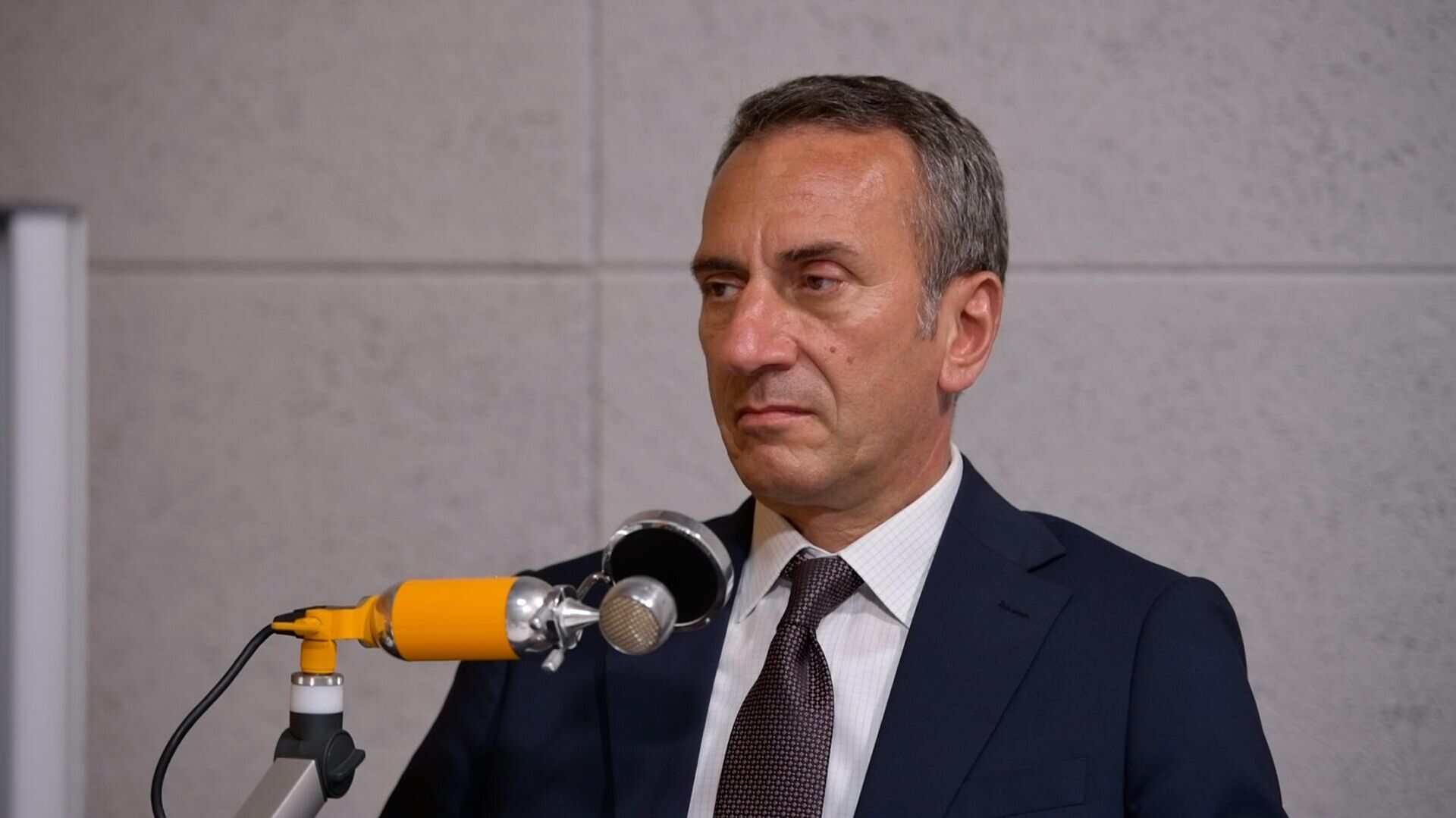
NATO Intends to Open Special Training Center in Georgia
NATO Intends to Open Special Training Center in Georgia
Before the end of 2015, a joint Training and Evaluation Center will open in Georgia under the auspices of the North Atlantic Treaty Organization (NATO), within the framework of the substantial package of cooperation that was granted to the country at the Alliance’s September 2014 summit in Wales. This is the main result of the recent two-day visit to Tbilisi of NATO Deputy Secretary General Alexander Vershbow.
Prior to his January 30 visit, Vershbow gave a lengthy interview to Georgian media, in which he hinted that the preliminary decision about opening such a center had already been taken. He stated that he was on his way to Georgia to discuss the details, such as the future functions and location of the joint NATO-Georgian center (Tv.ge, January 26).
According to the NATO deputy secretary general, the opening of the Training and Evaluation Center is an important step because it “will demonstrate NATO’s commitment to deepen the partnership with Georgia and a confirmation of the high level of the Georgian armed forces.” Vershbow said that Georgian forces “have shown their high level in joint operations, including Afghanistan.” According to the official, “By opening the joint center, we would like to move our relationship with Georgia to a new level” (Interpressnews, January 26). Moreover, “[a]ll the tools are in place to help Georgia to move forward with its NATO aspirations” (Nato.int, January 30).
During his two-day visit, Vershbow met the president, the prime minister and the minister of defense of Georgia and made several important statements about the purpose of the Training and Evaluation Center. “It will help Georgia to reform, modernize and strengthen its security and defense sector and it will also be open to other NATO allies and to some other NATO partners as well since Georgia’s geography and the high quality of its own armed forces together create unique possibilities to train together broad group of partners,” Vershbow stated after meeting with Georgian Prime Minister Irakli Garibashvili. Once again, the Alliance official stated that “[the joint training center] will also be a visible demonstration of NATO’s commitment to Georgia” (Civil Georgia, January 30). At the same time, he hailed Georgia for being an “exporter of security” and for its “remarkable democratic and defense reforms.” The opening of the Center, would become “the most visible element of a NATO presence in Georgia,” he declared (Civil Georgia, January 30).
Moscow will not be able to interfere with establishing the Training Center in Georgia, NATO Deputy Secretary Vershbow proclaimed. “We have to see what the Russians say, what they do, but we will not let them have a veto over this sort of legitimate activity,” he said. Speaking in Tbilisi, Vershbow condemned the Russian Federation’s latest actions in the region, saying that Russia has turned into an aggressive, unpredictable power, which uses a range of unacceptable policies, such as “annexing part of another country, waging an undeclared war of subversion in Eastern Ukraine, and intimidating its other neighbors” (Civil Georgia, January 30).
During Vershbow’s talks with the Georgian leadership, the two sides discussed several possible locations for the joint Training and Evaluation Center. Among the sites being evaluated is the former Russian military base in Vaziani, which Vershbow visited in person. The NATO deputy secretary general observed Georgian military exercises at the Vaziani base and inspected the site’s infrastructure. Evidently pleased with what he saw, Vershbow publicly declared the Vaziani base “one of the strong candidates,” which complies with the standards that are needed for the joint training facility, though he did not rule out a few other options as well (Civil Georgia, January 30).
The final decision about the location of the Center will likely be taken in February, when an Alliance assessment team is scheduled to visit Georgia to make its final site selection. While speaking before the Atlantic Council of Georgia, a Tbilisi-based think tank, Vershbow said that it has yet to be determined whether the focus of the Training Center will be primarily on command post exercises or if there will also be a built-in capacity to conduct field exercises with the participation of troops from multiple countries. “The hope is that it will be the latter,” he stated (Civil Georgia, January 30).
Georgian experts consider the planned opening of the joint Training and Evaluation Center an important event in Georgia’s relations with the North Atlantic Alliance. “Because of the position of some of the member countries of the alliance, NATO has abstained from giving our country a MAP [Membership Accession Plan],” the editor-in-chief of the independent military-analytical journal Arsenali, Irakly Aladashvili, noted in an interview with Jamestown. According to Aladashvili, opening the joint Center would partially compensate for Georgia’s drawn out NATO accession talks, as compared with other membership aspirant countries that have already received MAP. “The most substantial part of this is that the facility will operate under NATO’s auspices. Military instructors from the member countries of the Alliance will be there. They will train not only the Georgian military, but also the militaries of other countries, for example from Armenia and Azerbaijan,” Aladashvili said. At the same time, however, the expert warned that it would be a “great mistake” to call the future Training Center a “military base.” “These two are different things, and they should not be confused with each other,” Aladashvili said (Author’s interview, January 29).
Nonetheless, the government in Tbilisi is expressing satisfaction about the fact that the “NATO flag” will appear on the “map of Georgia.” Prime Minister Garibashvili called the Training Center “a big step forward” in NATO-Georgia relations (Tabula.ge, January 30). Meanwhile, the president of Georgia, Giorgi Margvelashvili, thanked his guest from Brussels “for his personal contribution to the process of Georgia’s integration into NATO, as well as consistent support for [the country’s] sovereignty and territorial integrity as well as the non-recognition of the [Georgian] territories occupied by Russia” (Tabula.ge, January 30).
As Teona Akubardia, the deputy secretary of the National Security Council of Georgia, told Jamestown, “reaching an agreement about the opening of the joint Training Center in the country does not remove the implementation of the other items of the ‘substantial package of cooperation’ from the agenda. These include among other things, holding joint military exercises and strengthening the NATO communication office in Tbilisi” (Author’s interview, January 31). Thus, Georgia’s slow-motion drift toward full integration with the Euro-Atlantic security community continues.


